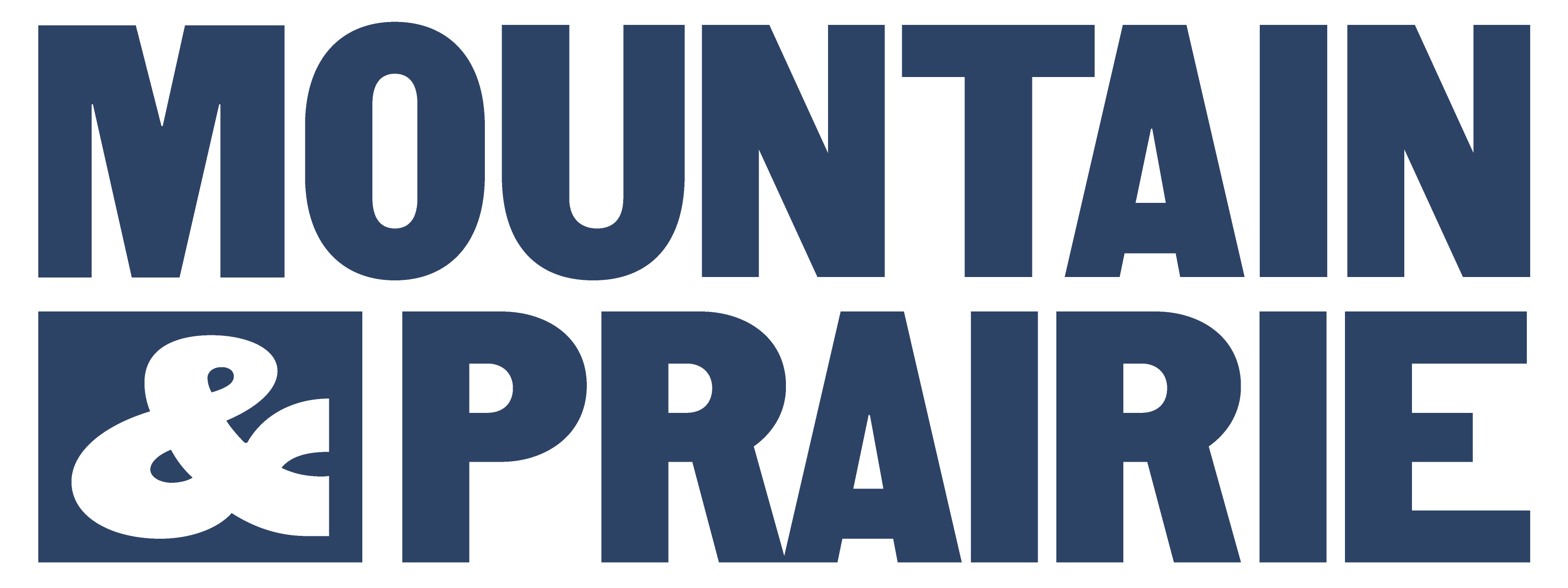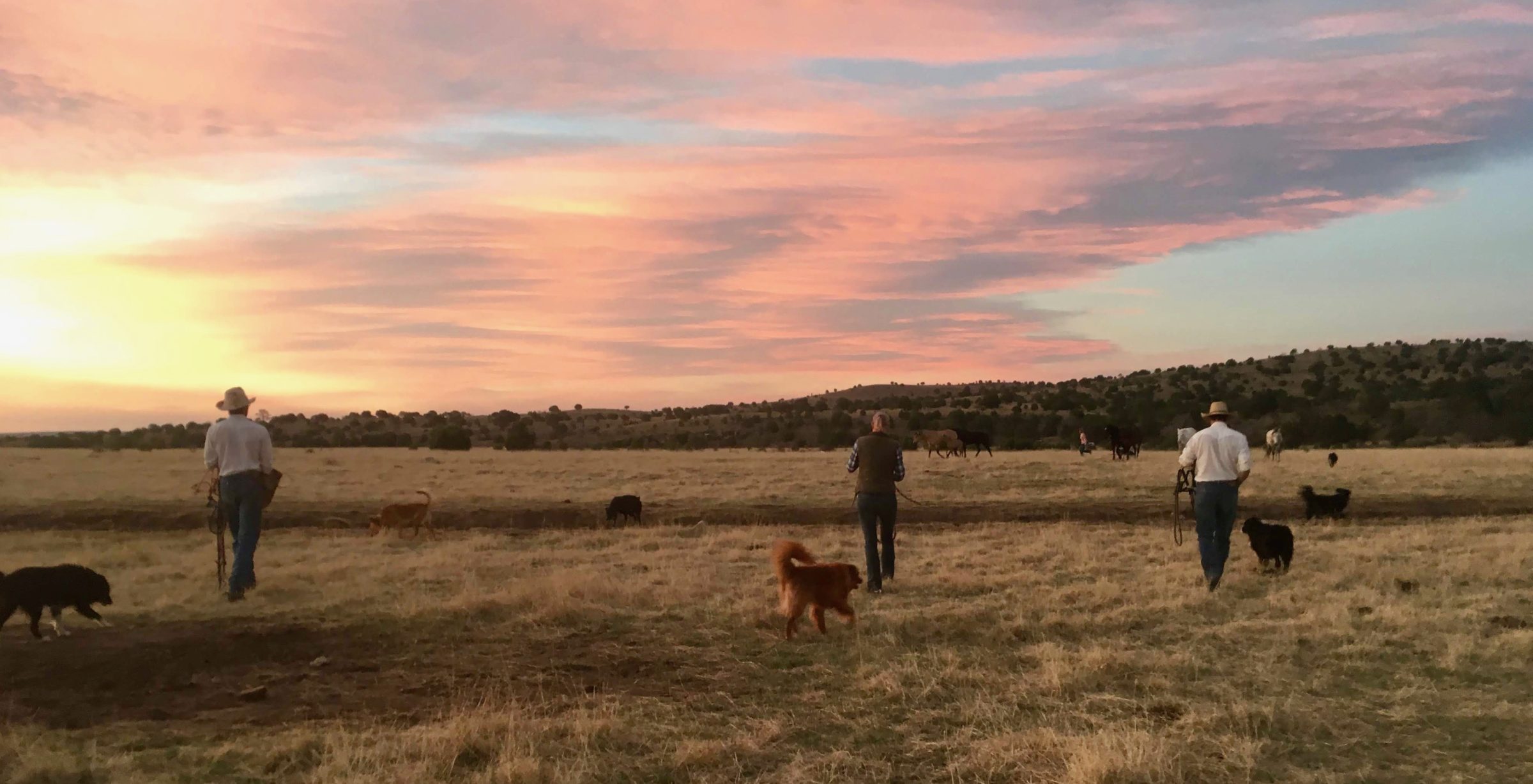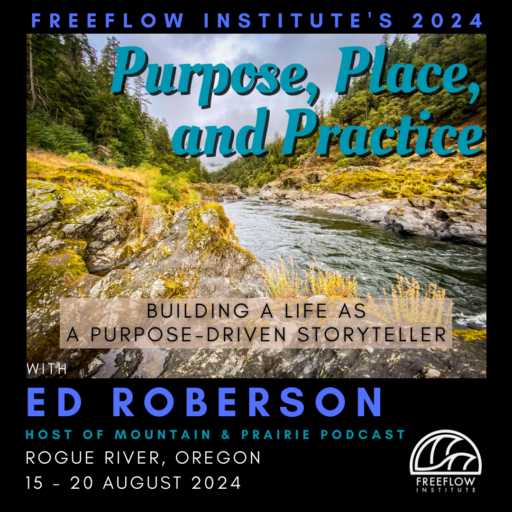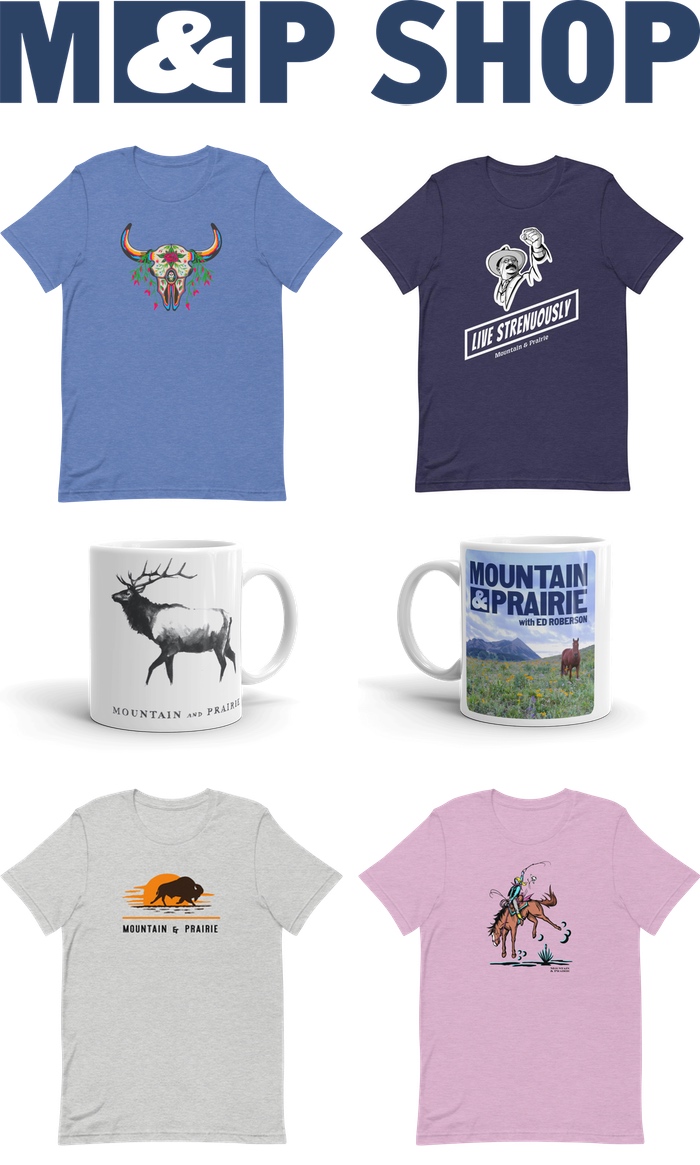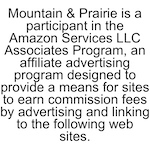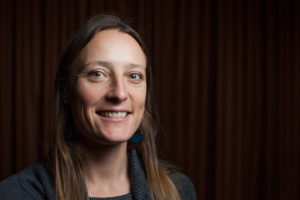
Sarah Wentzel-Fisher is the Executive Director of the Quivira Coalition, an innovative conservation organization devoted to building soil, biodiversity, and resilience on western working landscapes. Quivira was founded over twenty years ago by two conservationists and a rancher, all three of whom were exhausted by the divisive nature of the relationships between the agricultural and environmental communities. By putting their few differences aside and focusing on their many shared values, Quivira has led many of the West’s stakeholders toward collaborative, long-term solutions that improve western landscapes both ecologically and socially.
Sarah grew up in a small town in the Black Hills of South Dakota and learned the true value of community at an early age. As she grew older, she began to hone in on her interest in food—specifically how food and food production play such a huge role in the health and resilience of local communities. Her graduate work focused on the role of small-scale agriculture in New Mexico, and for six years she was the editor ofEdible Santa Fe, a New Mexico-based magazine that covers the region’s local food scene. Her background made her a perfect fit for Quivira’s mission, and her creative mindset and understanding of agriculture have allowed her to successfully lead the organization into its next phase.
I had the pleasure of meeting Sarah here in Colorado Springs as she was on the tail end of a massive road trip through the West visiting with farmers, ranchers, and land managers. We had a fun conversation and touched on so many of the subjects that are of interest to me and to the podcast listeners. We chatted about the specifics of regenerative agriculture, and some of the misconceptions among well-meaning environmentalists around grazing as an effective method to fight climate change. Speaking of climate change, we talked about why Quivira does not hesitate to discuss climate change, even though that term can be a hot button issue among certain groups. We discussed the idea of rugged individualism, Quivira’s concept of the “Radical Center,” and the organization’s agricultural mentor program. She offered some advice for aspiring conservationists, and talked about how her creativity has served her well as a leader. And as usual, we covered books, films, favorite places in the West and more.
I encourage you to visit Quivira’s website and also to check out their podcast—it’s called Down To Earth: The Planet to Plate Podcast. If you’re a fan of this podcast, odds are you’ll enjoy that one, as well. You’ll probably like it better actually. Check the episode notes for links to everything we discuss, and enjoy!
All photos courtesy of Sarah Wentzel-Fisher
Click Here to Download on iTunes
—
Click Here to Download on Google Play
—
Click Here to Download on Stitcher
—
Episode Notes
Topics Discussed:
-
The Third Plateby Dan Barber
-
Braiding Sweetgrass by Robin Wall Kimmerer
-
Where Our Food Comes From by Gary Habhan
-
Angle of Reposeby Wallace Stegner
-
The Painter by Peter Heller
